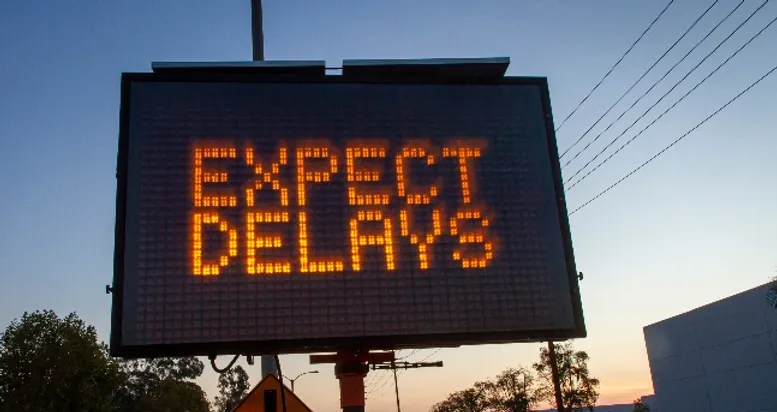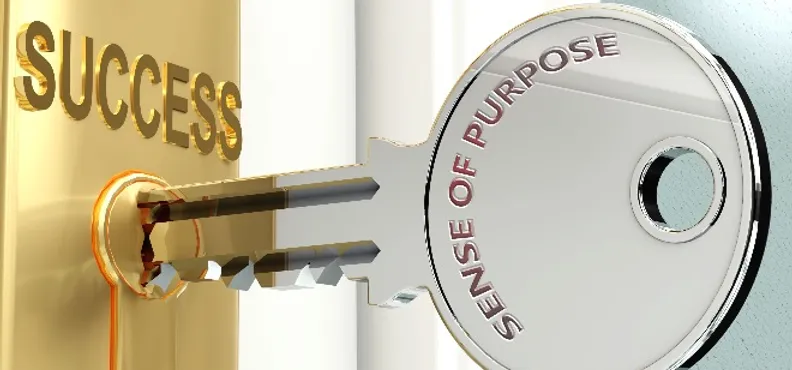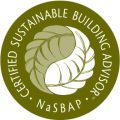Thanks for following my blog about how to reduce the risk and cost of disputes in construction projects. Posts in this series explore strategies for each phase of a project ending with tips for reducing the prep time, cost and duration of a formal dispute. Today’s post explores strategies to apply during the construction phase of a project.
Since we achieved our goals from the pricing and contracting posts, contracts are now in place with some important milestones achieved:
-
A clearly defined scope
-
An achievable price
-
Baseline metrics and practical procedures to process changes
-
Procedural “guardrails” to expedite and reduce the cost of dispute resolution
Achieving these milestones has positioned everyone for success. You documented agreement between the parties on what needs to be done and how much it will cost. If something changes, you have procedures and baseline metrics to efficiently process, approve and incorporate them.
The construction phase of a project incorporates a new element of risk to manage – execution. Execution means not only installing the work according to the plans and specifications but also in accordance with the schedule. Failing either of these requirements can certainly lead to a claim or worse, a dispute. So, how do we reduce the risk of execution claims and disputes during the construction phase?
Tip #1 – Delay Risk = Dispute Risk

The saying that “time is money” is particularly true of construction projects. The duration of the project drives the cost of the contractor’s staffing, temporary facilities, insurance and more. The duration of the project drives the owner’s cost of property taxes, loan interest, project administration and more. As a result, schedules are necessarily aggressive. The high cost of delays necessitates contract terms with time limits and consequences for late delivery. So, we have the perfect setup for a dispute baked in from the get-go – aggressive goals and strict accountability. In other words, do your best…or else!
Tip #2 – The planning is the work
Throughout this blog I have referred to bandwidth as the single most important resource to avoid cost increases and delays. If staff is distracted by issues that were missed or incorrectly planned in a prior phase, they are necessarily limited in their capacity to deal with today’s challenges or plan for the future. This cycle tends to repeat, and the risk of claims and disputes grows exponentially. This lack of bandwidth is often the actual reason for the error or omission behind a delay.
It is the worst feeling to open up the spec book or contract and realize you have missed a requirement. In your gut you know the omission could mean delays and additional, unrecoverable costs. At the very least, the superintendent and affected trades are not going to be happy with you.
We can avoid that sinking feeling, delays and blame through efforts to incorporate notices and related approvals into the schedule. A key strategy to avoid surprises and preserve your bandwidth is to cause formal preconstruction meetings for every major trade to occur at least 30 days prior to their scheduled mobilization date. Be sure to make the agenda purposeful (more on this in Tip #4) and include time in the schedule to get clarifications and approvals for issues discovered at your preconstruction meeting.
Here are some topics that are often left out of schedules that can cause delays:
-
Design-build private / public utilities. You will want to talk to each utility provider to fully understand what needs to happen and what you need to do to get temporary and permanent services to the project – especially permanent power, water and gas.
-
Specialty designs. Many projects will have separate designers and/or testing agencies involved in critical path activities. Exterior envelope and acoustical assemblies are highly complex and often require mock-ups, extensive approvals and inspections before trades can go into full production.
-
National standards. Specifications may include compliance with ANSI or other standards that are referenced but not defined or detailed in the design documents. You will want to know what those standards are and confirm who is responsible for meeting them.
-
Notices and preconstruction meetings. Many permitting agencies and utility providers require notices and/or preconstruction meetings prior to initiating design, ordering materials, scheduling an installation. Some will also require inspections or testing data prior to signing off on prior work.
-
Brand inspections and approvals. Retailers, hotels and restaurants often require inspections and approvals from the franchise at certain milestones during construction. Requirements can include rough-in inspections, certifications and notice prior to scheduling the opening date.
-
Specialty jurisdictions. If your project includes a swimming pool or food service, there are permits, specialty equipment and inspections that may not be detailed in the design or specifications.
-
Historic renovations. Your project may require state and/or federal approvals and notices in order to grant the benefits to the owner. Miss the notice and the owner loses a lot of money.
-
Environmental. Erosion control, tree protection and sensitive areas such as wetlands often have very specific requirements and severe penalties if they are not met.
-
Submittals, RFIs and change orders. The process of mobilizing a new trade will almost always lead to questions, new information and potentially change orders that will take time to process. Scheduling the startup process to conclude well before the trade start date is great insurance to prevent delays.
Tip # 3 – The difference between what people have to do for you and what they can do for you is all the difference in the world.

The life of a project manager and superintendent is mainly comprised of finding and solving problems created by other people. Even if you are completely committed to the project, some of the people you are counting on are one hassle away from looking for an exit. Think of the problems we endure as withdrawals from the project’s emotional bank account and recognition of achievements as deposits. Staying in the “green” helps everyone operate at their highest level. Operating in the “red” reduces our intellectual capacity and motivation.
Tip #4 – Make the mundane purposeful…
You may have noticed by now that in these series of posts I am consistently suggesting that some of our least favorite tasks, meetings, reports, photos and notes, are often the key to avoiding delays, claims and disputes. The best way to change this perception is to realize the power of the activities we engage in for maximum benefit:
-
Use meeting agendas to cause a complete review of the requirements so that any issues are discovered with time to resolve.
-
Brainstorm the most common cost and delay risks with each trade and develop strategies to avoid or mitigate.
-
Make sure all meeting agenda items result in a task that is assigned to a team member with a deadline to avoid costs and delays.
-
Plan out who will take photos, how often and for what purposes. The documentation of progress, issues, and change order work is critical information you can only get in real time and a lack of this documentation is a serious challenge to avoiding or prevailing in a dispute.
-
Collect daily reports from contractors or capture data about how many workers are on site each day. This information will complement your photo strategy and save time when resolving disputes about production and change order work.
These documents, when optimized, are powerful tools to avoid last minute emergencies and delays. Agendas control the scope and flow of a conversation – the person writing the agenda is in control of the meeting. Notes and assignments timely distributed create a written record and timeline you will need to demonstrate accountability. Photos and logs that are purposeful are powerful tools to avoid or prevail on a claim.

Active construction projects are a whirlwind of process, site logistics and problem solving. A focus on avoiding delays through early planning, finding hidden requirements that could trip you up, keeping up morale and getting the most out of your management tools is an effective way to avoid disputes. A project built on time is usually profitable and unlikely to result in expensive and exhausting disputes.
Thank you for your time today! Did this make you think of a strategy that works good for you and your teams? If so, I would love to hear your take.
If you enjoyed this discussion, please like, share and comment. If you want to know more about specifically how to implement some of these strategies in your business, I would love to help.
See you next week for Phase 5 – The dreaded dispute…



